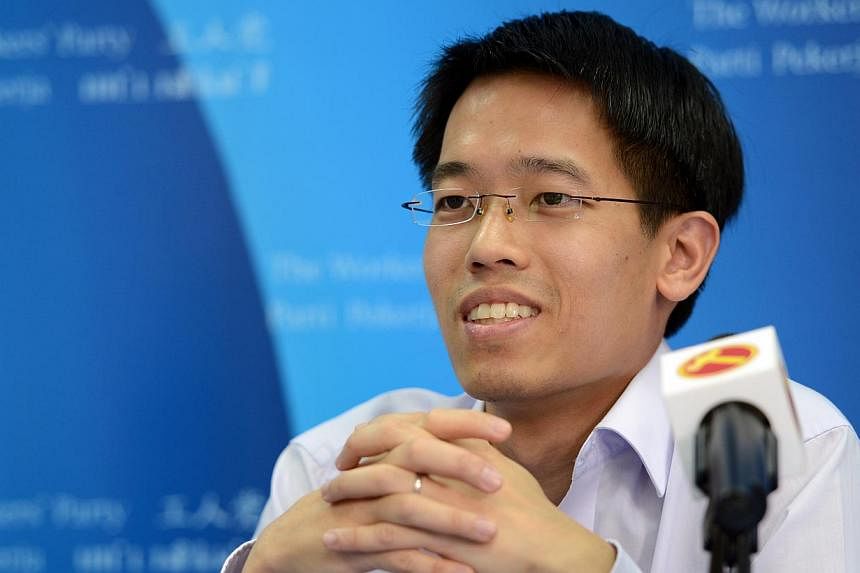SINGAPORE - Workers' Party Non-Constituency MP Gerald Giam took aim at various government policies including CPF and Medisheld on Tuesday as he criticised the Government for transferring its risks to Singaporeans.
He warned that this could have negative effects such as making life more uncertain for the people, and dampening their spirit of enterprise, creativity and compassion.
Citing the CPF scheme as an example of how the Government has managed "its own risks but less so the risks faced by our citizens", he noted that while the CPF minimum sum amount is pegged to inflation, the CPF Life annuity payouts to the elderly are not.
The raising of the CPF draw-down age has also helped to preserve the value of CPF balances at the expense of retirees "struggling to make ends meet despite decades of contributions" to the fund, he added.
Even MediShield was run "more on commercial than social principles", with a lot more collected in premiums than what is paid out in claims, he said.
As public services such as transport and health care were "marketised" in the past 20 years, people also became more vulnerable to service providers that can pass on their business risks to their customers, he added.
These actions could lead to Singaporeans facing uncertainties and tremendous stress as they worried about survival, he said linking it to why people were less willing to start businesses or do volunteer work.
Noting that there has been a mindset shift in the past 2 1/2 years, Mr Giam said the Government was starting to bear a larger share of the risks by delinking BTO flat prices from resale market valuations and nationalising the infrastructure and operating assets of public bus services, for example.
The upcoming universal health insurance MediShield Life would also redistribute risks, he said suggesting the Government should "take on some of the risks" by subsidising premiums and removing claim limits.
Turning to public assistance, Mr Giam wondered if the means-testing criteria, which he said was meant to discourage reliance on the Government, are too stringent.
"The Government cannot expect that by making them jump through hoops to receive financial assistance, they will suddenly be able to pull themselves out by their bootstraps," he said.
It should also try to "incentivise...productive contributions to our economy and society" by guarding against "rent-seeking behaviour in some major industries here, he said.
The Economist magazine had identified the casino, real estate and construction sectors here as being prone to such behaviour, defined as ""trying to make more money without producing more for customers" he said.
As social spending increases, the Government has also indicated it would need to develop new revenue streams, he noted.
He suggested that it should look to increasing the net investment returns contributions or taxes on profits derived from economically non-productive activities.
"These should be done before considering raises to the GST or personal income taxes for middle income earners," he said.


